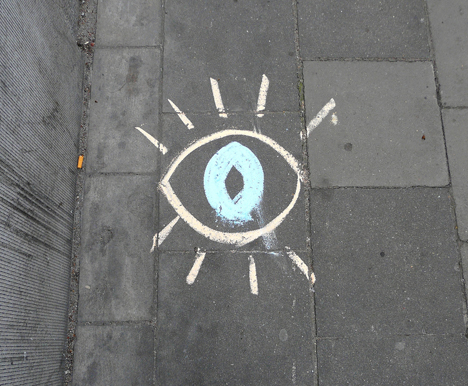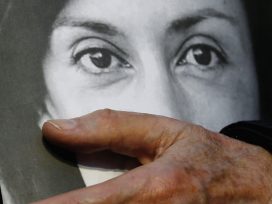Belgian attitudes to privacy, including surveillance and data protection, are traditionally liberal and Belgian legislation in these areas is quite permissive compared to those of neighbouring countries. Rather than focusing on data retention and communications surveillance, the response of the Belgian government to the Charlie Hebdo attacks has so far been mainly to reorganize the intelligence services and to increase the control of public spaces and specific milieus. While some changes have been made in criminal law (new offences, heavier punishments) there has also been a focus on the prevention of radicalization among the youth. We say “so far” because many of the parties of the rightwing coalition wish to take further initiatives. It should also be noted that most of the measures mentioned above were already announced in 2014 as part of the government’s official five year work plan.

Monitoring surveillance: an eye for every surveillance camera, Brussels, March 2012. Photo: Le.Mat. Source:Flickr
Legislation on data protection in the private sector does not go beyond EU prescriptions, and there is no feeling that this should be revised. Belgium has very few national industrial interests in the new technologies sector. The 2014 ECJ ruling on the right to be forgotten went almost unnoticed. One reason for this might have been that Google is a significant investor and employer in Mons, whose mayor is Elio Di Rupo, a former prime minister and president of the socialist party.
In civil society, concerns about privacy come second to those about social dumping, environmental deregulation, loss of jobs and quality standards (public services, food). Human rights organisations and to some extent consumers organizations and migrants organizations have privacy issues on their agenda; the Ligue des Droits de l’Homme annually attributes “Big Brother Awards”. However there is no campaign group dedicated solely to privacy or digital rights.







